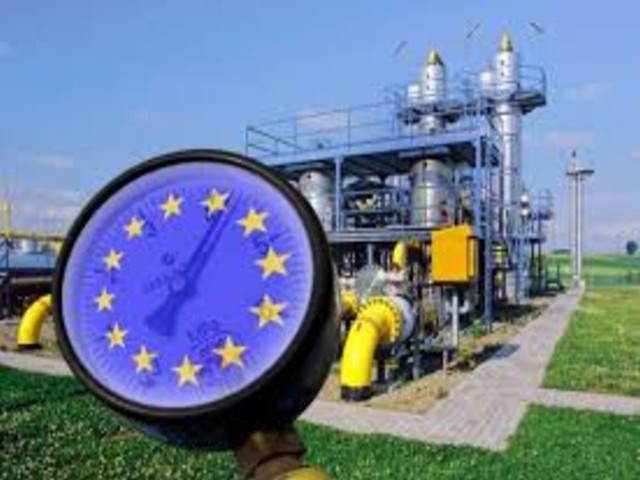Europe does not accept Putin's gas ultimatum
The reaction of Europeans to the Kremlin's idea to accept payment for Russian gas exported to "unfriendly" countries in rubles is clear and understandable - "no"
Europeans have resolutely rejected the Kremlin's ultimate offer to pay for Russian gas in rubles from April 1, said Olena Pavlenko, the president of DiXi Group think tank.
She believes that the further situation will depend on how quickly EU countries will be able to find an alternative to Russian gas.
"Now Putin is trying to find ways to increase the money supply in the country. Trying to tell European countries that they say they have to pay for gas in rubles is another case of blackmail, which has actually continued since Putin came to power. I think Putin has even thought of (and will offer European countries) some internal options, workarounds, and how to pay “according to the old man, "bypassing the sanctions," she said.
Olena Pavlenko stressed that there is currently a clear position of Europe regarding the fact that the next blackmail is not taking place and the EU states will not pay for gas in rubles.
She believes that further developments will depend on how quickly EU countries can find an alternative to Russian gas. Now everyone is looking for opportunities to buy resources outside of Russia. Norway may help increase gas production. The United States is ready to help (American companies have already started to increase production) and Qatar. Negotiations are underway with other countries, so the EU seems to be serious about reducing its energy dependence on Russia and is preparing for a scenario where Russia will try to cut off the gas completely. How European consumers will react when they are completely cut off from gas is currently in question.
"Closing the valve with Russia is a trick that is used quite often for everyone with whom the Russian Federation is in conflict. I do not rule out that at some stage it will happen within the current confrontation. "By then, European countries are convinced that they will have time to prepare properly to minimize the consequences of the Kremlin's move," the DiXi Group president said.









